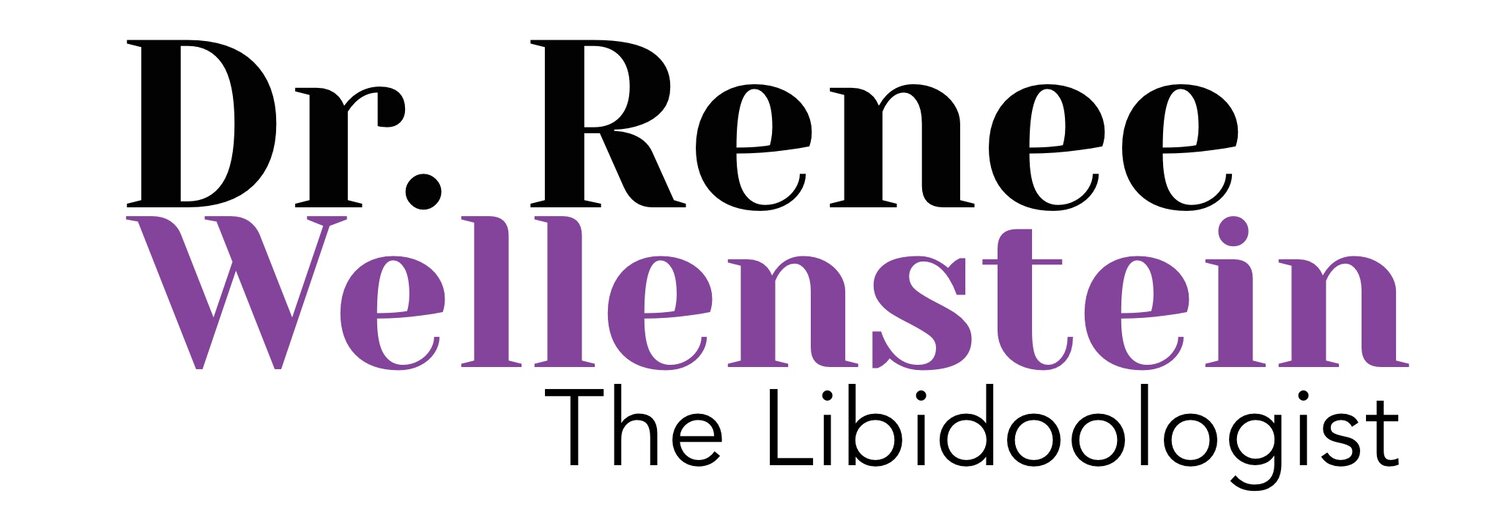Daily Habits For Optimal Digestion
Photo by Elton Sipp
Have you ever wished you could tell your loved ones the intricacies of what it truly feels like to navigate life with gut symptoms?
As a functional medicine doctor, I see this far too often.
Here are four sentiments that clients often find challenging to express but wish their loved ones would understand about their experience:
It's Not Always Visible “Gut symptoms often involve internal discomfort, and the severity of the issue may not be evident from the outside. Just because I may not ‘look’ sick doesn't mean I'm not experiencing real and sometimes debilitating symptoms.”
It's Emotionally Draining “Dealing with gut symptoms can be emotionally taxing. The unpredictability of flare-ups, the constant concern about food choices, and the impact on daily life can lead to anxiety and frustration. Your understanding and support mean a lot during these challenging times.”
Everyday Activities Can Be Challenging: “Simple activities like going out for a meal or attending social events can become sources of stress when dealing with gut symptoms. I may need to carefully plan my day or make adjustments, and your flexibility and empathy in these situations are incredibly valuable.”
It's a Journey, Not a Quick Fix: “Managing gut symptoms often requires a combination of patience, trial and error, and ongoing efforts. There may not be a quick solution, and your understanding as I navigate this journey is crucial. Your support in seeking and implementing strategies for long-term gut health is immensely appreciated.”
If you relate to any of these sentiments, remember that the challenges you face are not obstacles but stepping stones toward a healthier, more vibrant life.
While your loved ones may not fully grasp the intricacies of your experience, they can witness the transformation that unfolds when you find what works for you.
Daily Habits for Optimal Digestion:
Optimal gut health comes from consistently taking action on small habits every day. Here are the top micro habits to focus on for optimal digestion:
1. Hydrate First Thing in the AM: Start your day by drinking a glass of room-temperature water with a squeeze of fresh lemon. This helps kickstart your metabolism and promotes hydration.
2. Probiotics: Consider taking a probiotic supplement or consuming probiotic-rich foods, such as yogurt or kefir, to support a healthy gut microbiome.
3. Mindful Eating: Eat your meals in a calm and mindful environment. Avoid rushing and take the time to chew your food thoroughly, as this aids in the digestion process.
4. Balanced Diet: Include a variety of fiber-rich fruits, vegetables, whole grains, and lean proteins in your meals. Aim for a well-balanced diet to provide essential nutrients for optimal digestion.
5. Light Activity After Eating: Consider a short, leisurely walk after meals to encourage digestion. Avoid intense physical activity immediately after eating.
6. Avoid Lying Down After Meals: Try to remain upright for at least 2-3 hours after meals to prevent acid reflux. If you need to rest, consider reclining rather than lying flat.
7. Herbal Tea Before Bed: Consider drinking a calming herbal tea, such as chamomile or valerian root, before bedtime to promote relaxation.
8. Manage Stress: Practice stress-reducing activities, such as meditation, deep breathing, or yoga, to support overall digestive health.
9. Exercise: Incorporate a dedicated exercise session into your day. This could include activities like jogging, swimming, cycling, or strength training.
If you're struggling with gut health issues and need support but you’re not quite ready to invest in your health, join my broadcast channel on Instagram where our focus this month is gut health! For only $2.99 a month, you’ll get exclusive content that is not found anywhere else!
Featured Supplement of the Week:
The Benefits of Probiotics for Gut Health
Probiotics are beneficial bacteria that promote a healthy balance of gut microflora.
Here are three key benefits:
Improved Digestive Function: Probiotics help maintain a healthy balance of gut bacteria, which is essential for optimal digestion and nutrient absorption. They can alleviate symptoms of digestive disorders such as bloating, gas, and diarrhea.
Enhanced Immune Function: A significant portion of the immune system resides in the gut. Probiotics support immune function by regulating immune responses and protecting against harmful pathogens.
Reduced Inflammation: Imbalances in gut bacteria can lead to inflammation in the digestive tract, contributing to various health issues. Probiotics help modulate inflammation and promote a healthy inflammatory response, which is beneficial for overall gut health.
Incorporating probiotic-rich foods like yogurt, kefir, sauerkraut, and kimchi into your diet or taking a high-quality probiotic supplement can help support gut health and overall well-being.
My favorite supplemental form of probiotics is here.


